30/09/2025
The Metascience 2025 conference (30 June-2 July) at the University College London brought together a vibrant community of over 800 researchers, policymakers, funders, publishers and other stakeholders, all united by a common goal: understanding how science works and how we can make it work better. For GRIOS, this gathering represented an opportunity to present the project to the wider research community for the first time, to share our objectives and work, and to engage with the fundamental questions that drive our mission: how can the tools and methods used by research itself help the uptake of Open Science?
We started on day one with the panel “National frameworks for Open Science & metascience: lessons from Canada, France and the Netherlands“, where we looked into how different countries approach evidence-based open science policy.
The discussion was kicked off from the Canadian perspective with presentations from Matthew Lucas from the Social Sciences and Humanities Research Council of Canada and Annabel Seyler from The Tanenbaum Open Science Institute. They emphasised two different perspectives from the Canadian Open Science context: on the one hand, a research funder’s efforts to create incentives and foster collaborations for Open Science, and on the other hand, a research institute’s role and limits in pushing open science boundaries. Marin Dacos, National Open Science Coordinator at the French Ministry of Higher Education and Research, the founder of GRIOS, shared insights from France’s efforts to monitor the uptake of Open Science practices and explained why more research on Open Science is needed to make sure that the next generation of Open Science policies is evidence-based. Hans de Jonge, director of Open Science NL at the Dutch Research Council (NWO), funder and co-chair of GRIOS, focused on the need for Research on Open Science as a way to support and complement their existing Open Science policies. The panel was chaired by Henriikka Mustajoki, Secretary General of Finland’s National Open Science Coordination and co-chair of the GRIOS Steering Committee.
Despite diverse contexts—organisational, national, and international—three clear themes emerged from our discussions with colleagues from the three front-runner countries:
The conversations reinforced exactly what GRIOS aims to achieve: bridging the evidence gap and fostering international dialogue that strengthens open science for everyone.
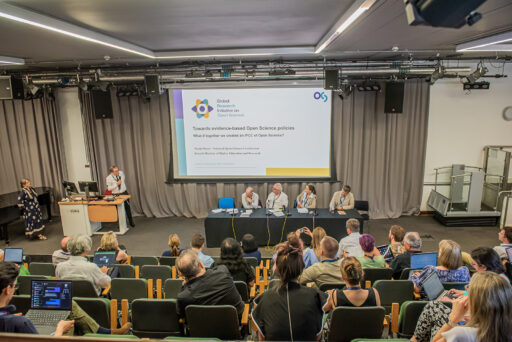
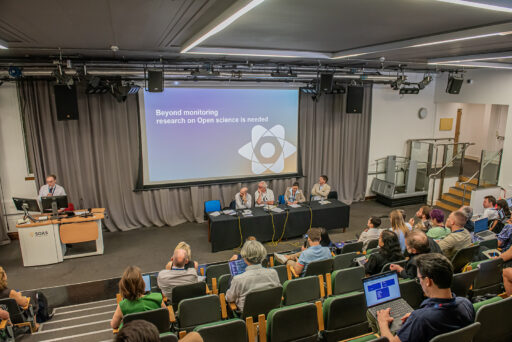
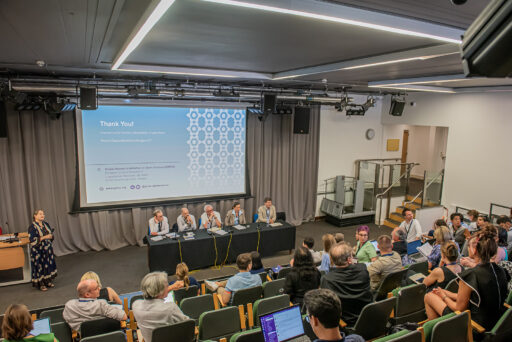
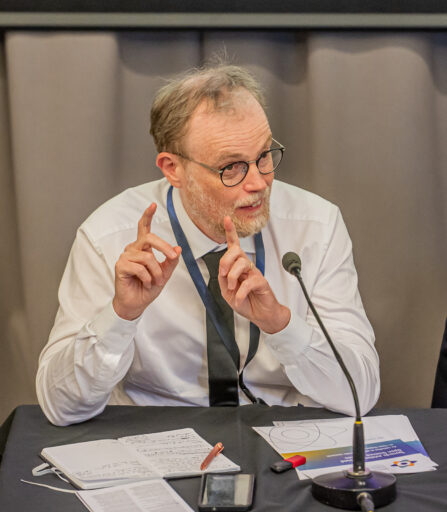
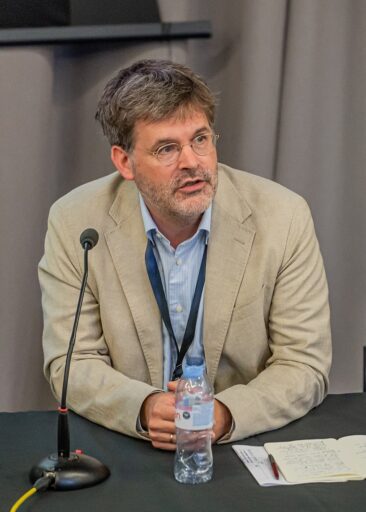
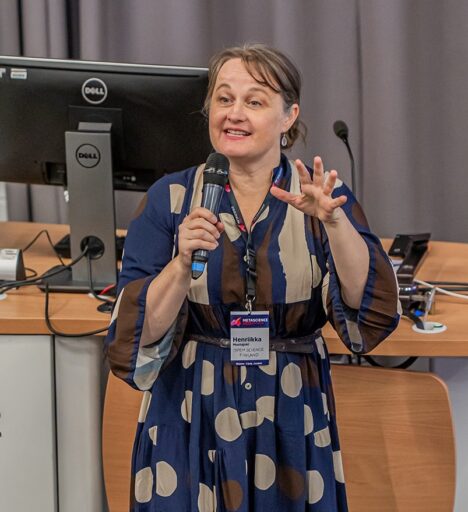
At the poster session, we shared early insights from our ongoing bibliometric analysis of the open science research landscape (you can download the poster below). This foundational work is helping us understand what kind of research is being conducted about Open Science and, crucially, where the gaps remain. The discussions around our poster confirmed the community’s interest in systematic evidence reviews in the rapidly evolving field of Open Science.
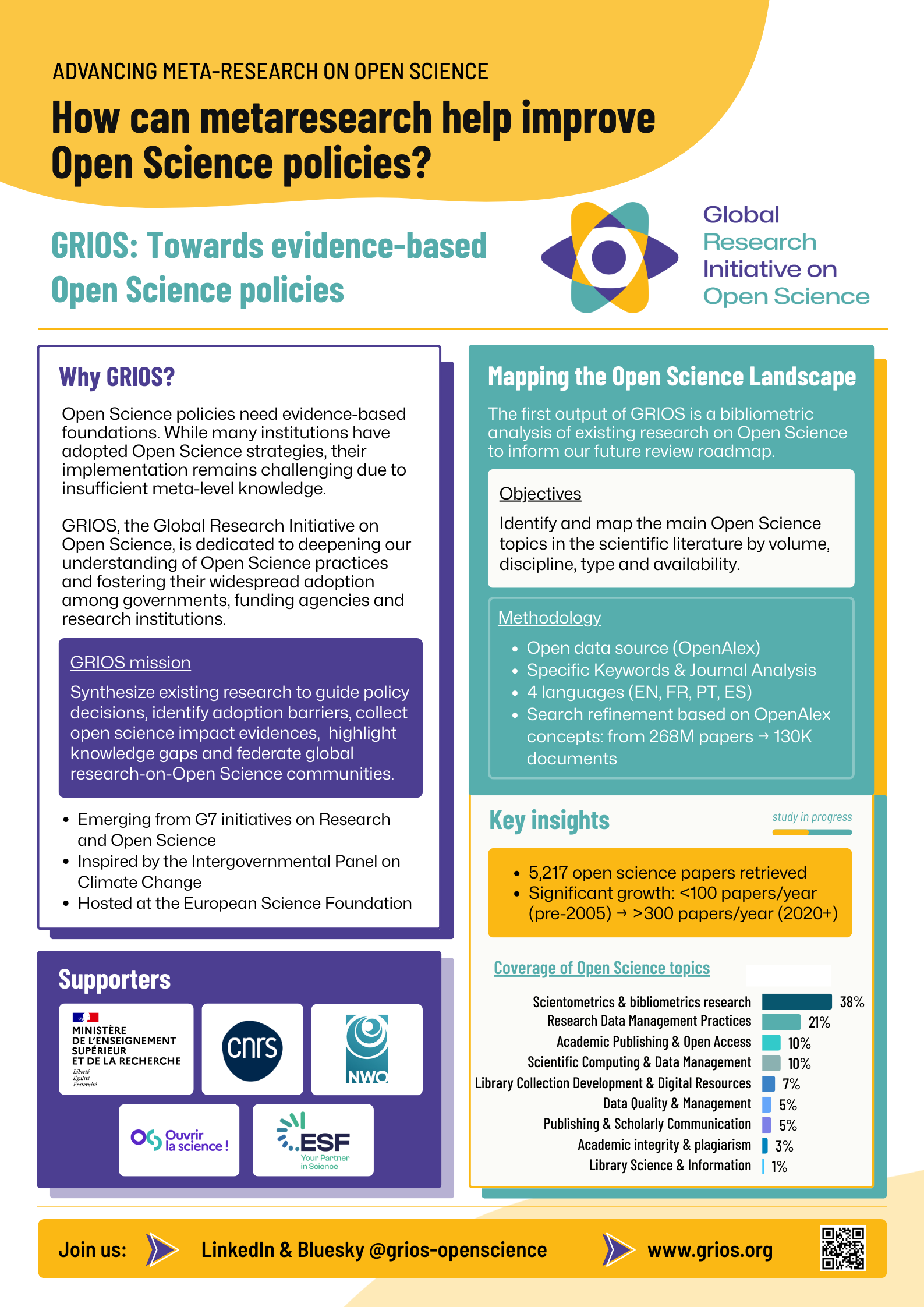
In another key moment for the conference, GRIOS, as a new initiative dedicated to advancing Open Science through research-on-research, joined the founding group of the Metascience Alliance — a global network for coordination, collaboration, and community building in metascience. This partnership perfectly aligns with our mission to support the creation of a global research-on-open-science community. We believe that the existence of such an epistemic community will help to anchor Open Science practices within the wider research landscape. By working together, we can better understand what interventions actually work and build more robust foundations for evidence-based policy decisions.
Perhaps the most thought-provoking moment was ignited when Marin Dacos addressed the 800 participants during the final plenary session1, presenting a bold vision: creating an IPCC-like body for open science. Just as the Intergovernmental Panel on Climate Change (IPCC) synthesises scientific evidence to inform global climate policy, the next generation of open science policies needs systematic evidence synthesis to guide decision-making2.
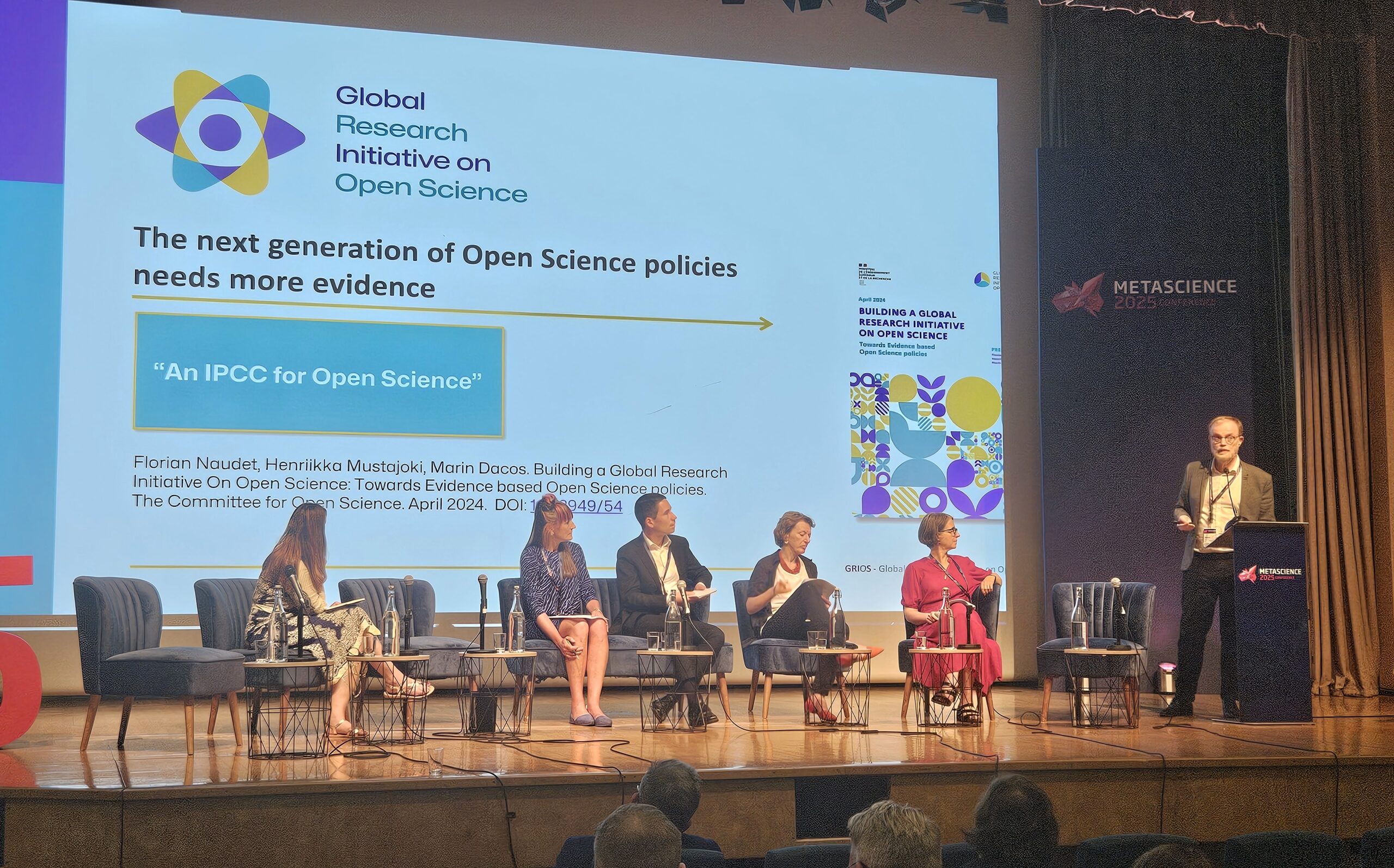
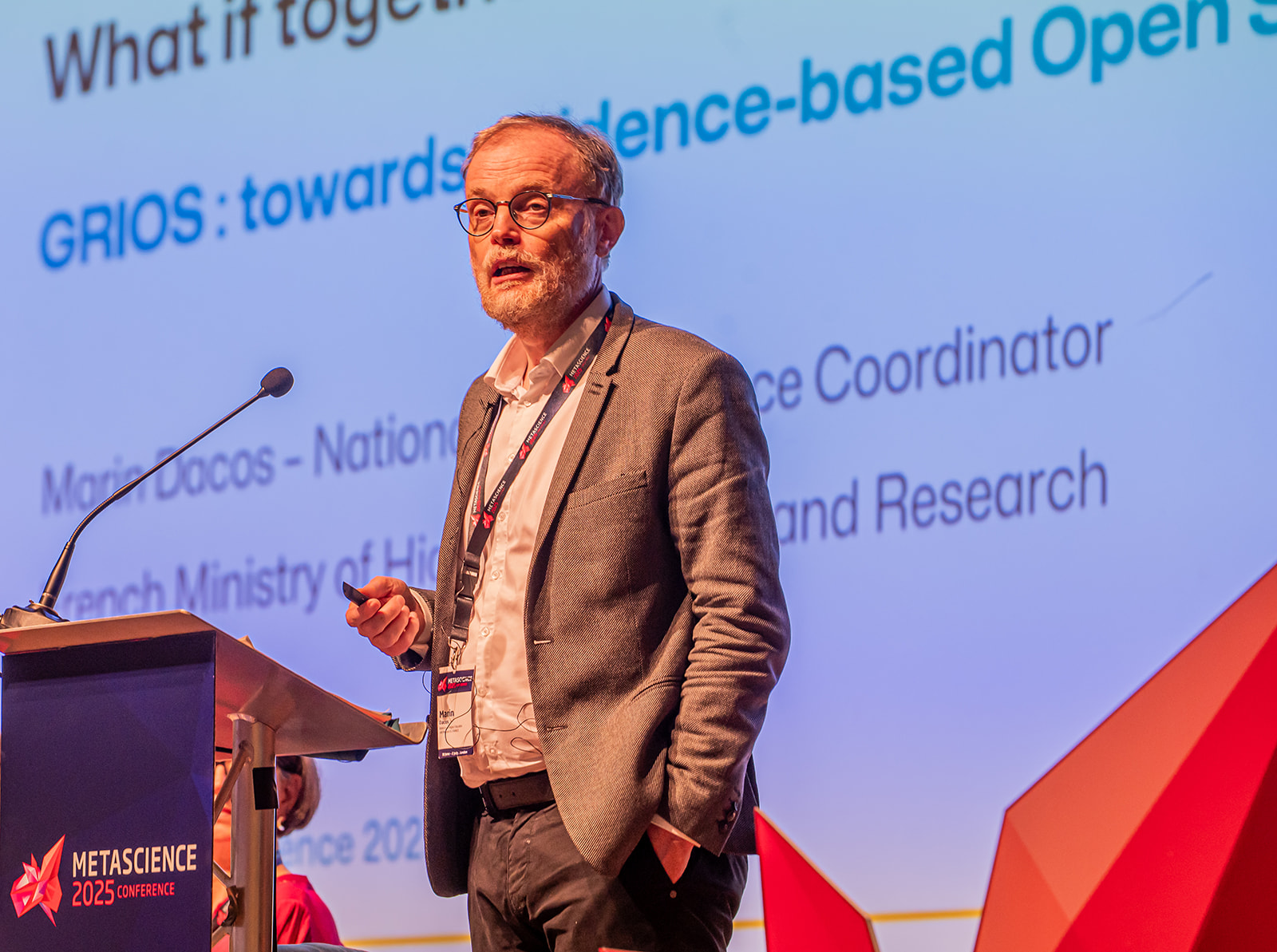
The French experience illustrates a broader challenge: initial policy efforts targeted the most accessible aspects of Open Science, achieving significant progress in areas like open access to publications. However, as the data shows, we may be reaching a plateau in open access rates and progress in data sharing is real but will take decades to be achieved. This underscores why future Open Science policies cannot rely on the approaches that delivered early wins. We need evidence-based solutions rather than policy declarations alone to tackle the complex, systemic barriers that remain.
This vision resonated strongly with the Metascience 2025 community, reflecting a shared recognition that Open Science policy cannot remain based on good intentions alone—it must be grounded in rigorous evidence about what works, for whom, and under what conditions.
The energy and insights from Metascience 2025 will undoubtedly shape GRIOS’s work in the months ahead. We return from London with new partnerships, a deeper understanding of the global landscape, and renewed commitment to our mission of providing evidence-based foundations for Open Science policy.
The conversations continue beyond the conference walls. As we move forward with our systematic reviews and evidence synthesis, we invite the global community to engage with our work, share their insights, and help us build the evidence base that Open Science policy truly needs.